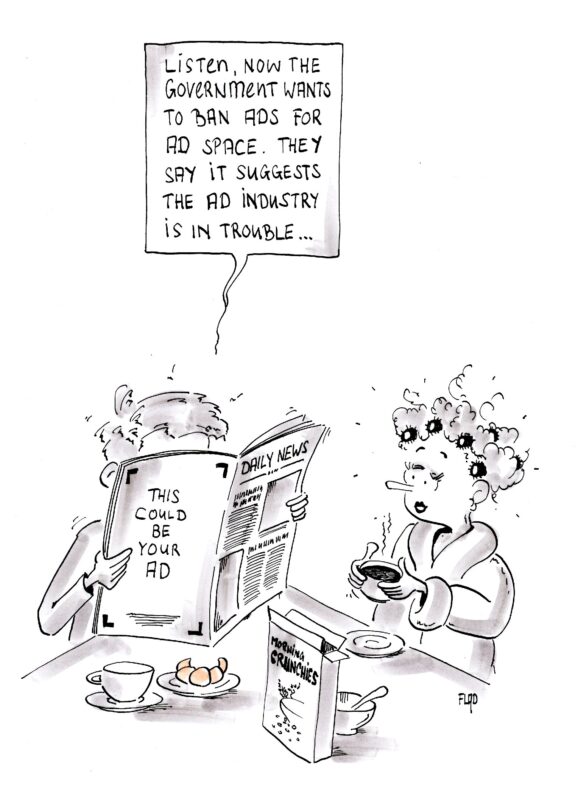Woolley Marketing: Is advertising a waste of time and money… or dangerously powerful?
Right now, it seems advertising is somehow both not worth spending money on and so incredibly effective that it should be regulated and curtailed for the sake of humanity. How can both be true, asks TrinityP3 chief executive Darren Woolley?
When the global economic headwinds were a mere zephyr, advertising industry voices were quick to plead with marketers to maintain or increase their spend.
These days, procurement teams, who had begun to embrace the challenge of optimising advertising value, are now finding themselves back to cost-cutting to drive the savings demanded by CFOs to improve the bottom line.



There’s plenty of evidence (see the work of Andrew Ehrenberg) to suggest advertising is actually neither of these. It’s a weak force. But it’s not a waste of money – it builds and maintains memory structures over time, and can nudge someone in buying mode to a particular brand.
To say advertising gives us ‘great power’ is a bit of stretch.